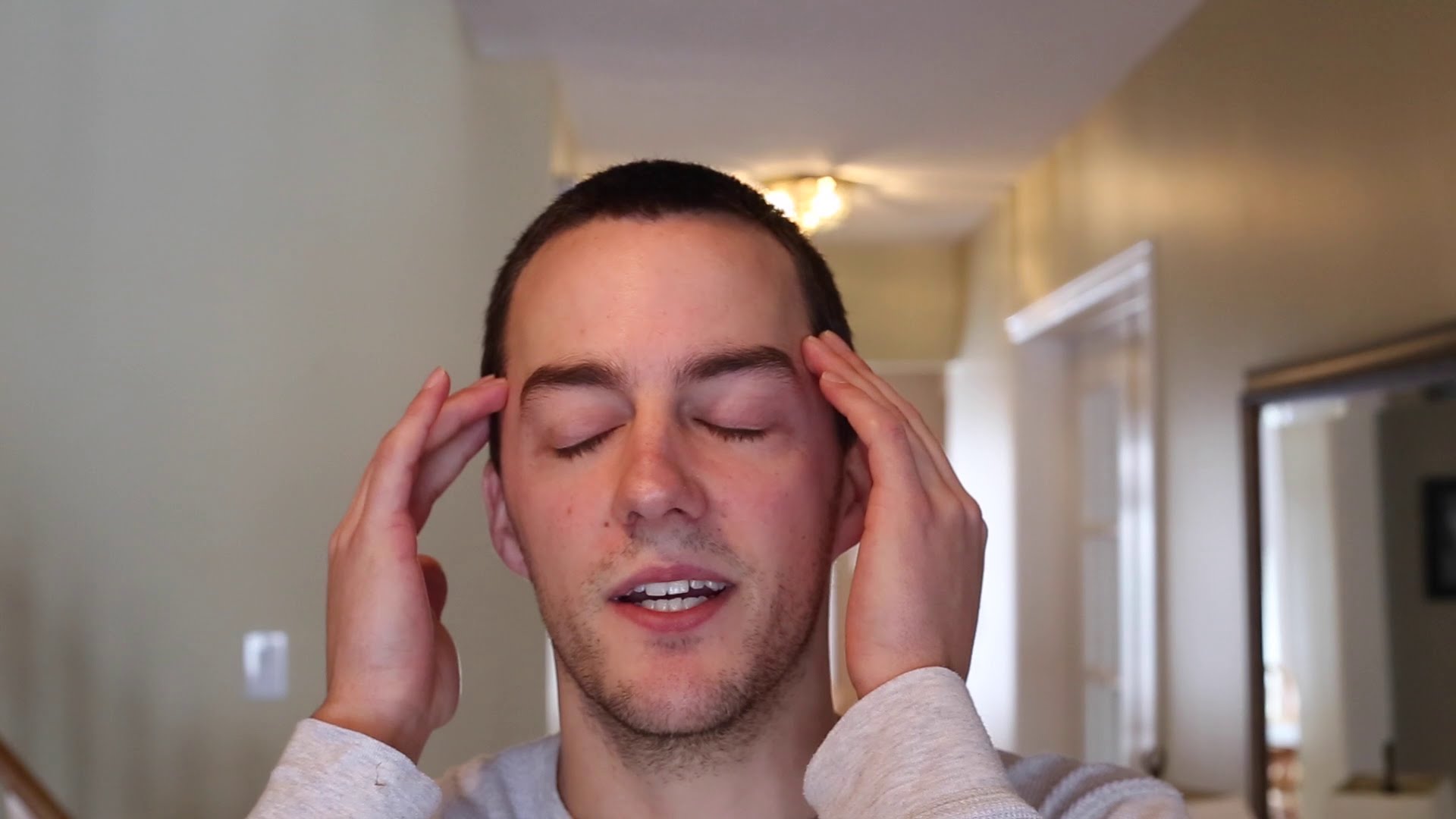
 Sometimes, while waiting for the subway, I imagine someone getting pushed in front of the train.
Sometimes, while waiting for the subway, I imagine someone getting pushed in front of the train.
Does this sound like someone with good mental health? A patient in need of medication or a good therapist?
Nope. The above quote comes from me — a clinical psychologist!
It is a line that I often use with a number of clients seeking therapy — particularly clients suffering from Obsessive Compulsive Disorder (OCD).
There may be a few questions swirling around in your head at this point, such as “Why do you tell clients about your crazy thoughts?” or “Hey, should this guy have a license to work with the public?”
However, I bet there are readers who are thinking “Oh thank god, I am not the only one who experiences weird and random thoughts of violence.”
Intrusive Thoughts
Psychologists have known for a long time that “normal” people experience all kinds of thoughts, images, and impulses — including those of violence and repugnant sexual acts. They are referred to as intrusive thoughts because they pop into people’s minds without their control.
In 1978, psychologists studying obsessive thinking asked a group of healthy and normal people (e.g. students and professionals) whether they experience intrusive thoughts, and if so, what is the nature of these thoughts.
The psychologists discovered that the majority of people admitted to having intrusive thoughts. Not surprising.
What is perhaps more interesting was the nature or content of these thoughts. Here are several examples from participants in that study:
- Thoughts of harming another person
- The impulse to jump in front of the train
- Thoughts of acts of violence while having sex
- The impulse to harm, or be violent towards children
- The impulse to crash their car while driving
- The impulse to violently attack or kill another person
- Thoughts of suicide
In 1980, a different group of psychologists published a paper that described the development of a questionnaire called the Automatic Thoughts Questionnaire (a popular measure used today in research and practice). The researchers gave a large group of university students a list of thoughts that might have popped into their heads over the past week. Again, the psychologists found that these student volunteers experienced a range of negative thoughts, such as “I’m worthless,” “I’m a failure,” and “I’m no good.”
Are Intrusive Thoughts Bad For You?
Does having violent or negative thoughts affect your mental health? The answer to this question is interesting and requires some explanation.
Research tends to find a relationship between the frequency of these types of thoughts with things such as sadness and anxiety. So, yes it is true that having more negative thoughts tends to be associated with negative emotions. However, the relationship between them is not necessarily a straightforward one.
Both clinical research and practice have shown that simply having these thoughts alone does not cause harm. Recall that studies mentioned earlier (and others) found healthy and well-functioning people to have these thoughts. So, what separates the healthy from the unhealthy in terms of intrusive thoughts?
Whether an intrusive thought causes problems often depends on how you respond to it. Do you believe that having the thought means anything? Do you try to control these thoughts, or do something to prevent them from coming true? Does it mean that you are a bad person? A dangerous person?
If you answer yes to the first two questions, you are more likely to suffer negative, psychological consequences (ex: anxiety, worry, sadness). It is not the mere occurrence of thoughts in our heads that causes pathology, it is our reaction to these thoughts. When people start take these thoughts seriously and assume they are true, it is then that cases of OCD and depression start to emerge.
In fact, cognitive-behavioural therapy (CBT) typically involves helping patients learn that these thoughts are harmless and/or untrue. In fact, research indicates that patients who seem to make the biggest improvements in therapy are those that learn to see their thoughts in a different light.
How to Cope with Unwanted Thoughts
Psychologists often make a distinction between automatic and controlled thoughts. Automatic thoughts are essentially beyond our control.
Where do they come from? They are often triggered by something in our environments, although sometimes they are just random (have you ever had a song just pop into your head for no discernible reason?).
A mistake people often make is to assign meaning to automatic and intrusive thoughts. They think “this must say something about me as a person” or they quickly assume the thought is true.
When you automatically take thoughts at face value, it can get you into trouble.
An analogy I often use with my own clients is that of a mailbox. At any point during the day someone can drop a note or letter into your mailbox. Most people cannot prevent strangers from dropping notes in their mailbox, just as they cannot prevent their brain from sending intrusive thoughts into their consciousness.
If you opened up your mailbox and discovered a note that said “You are a terrible person,” or “You are a violent person,” you (hopefully) would not simply assume the stranger was right. Similarly, it is important to remember that you brain will not always be right — it will send all kinds of things into conscious awareness — even thoughts you might find depressing or even repulsive.
You may not be able to control your thoughts (or people putting things in your mailbox), but you do have control over your response to them.
Of course, this is not always easy, and can sometimes require the assistance of experienced psychologist — perhaps even a psychologist with violent, train-related thoughts.
Read original article here: http://www.huffingtonpost.com/roger-covin/intrusive-thoughts-of-violence_b_1310749.html
